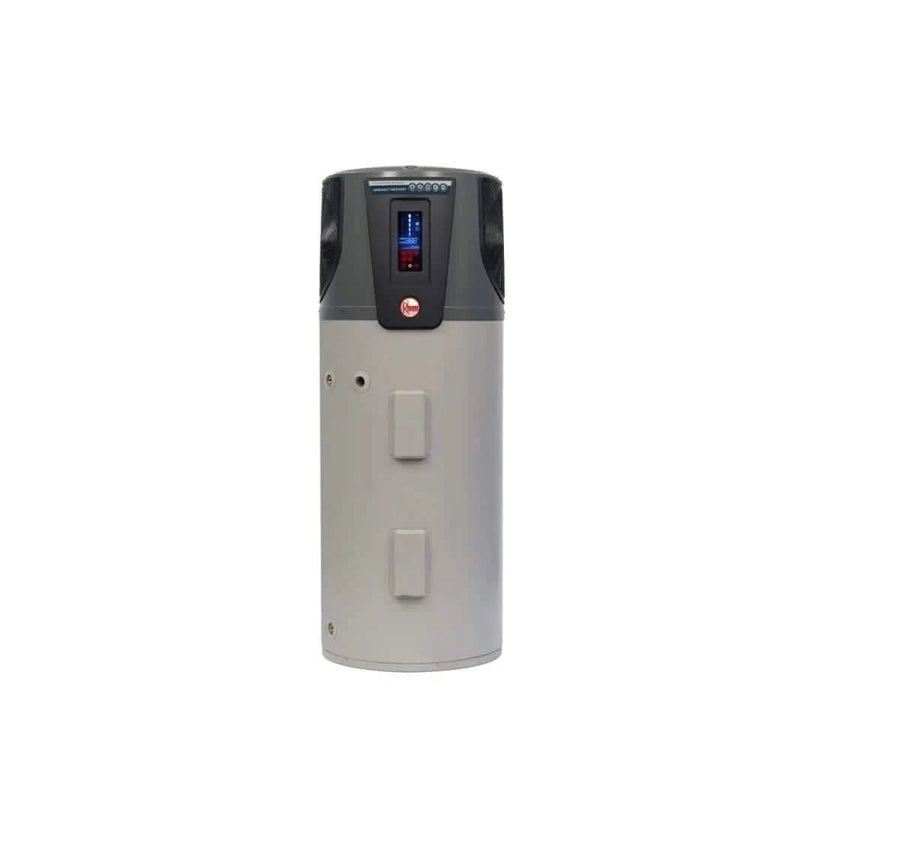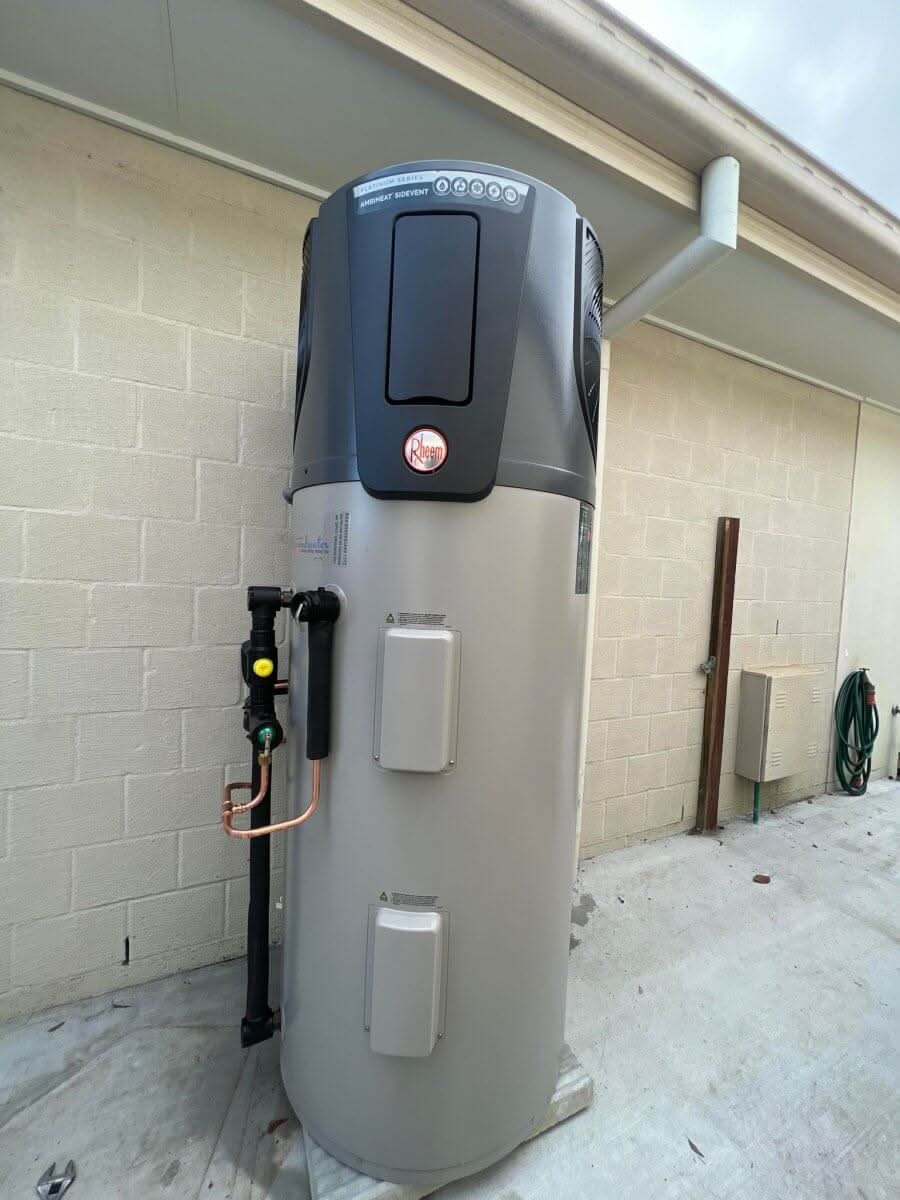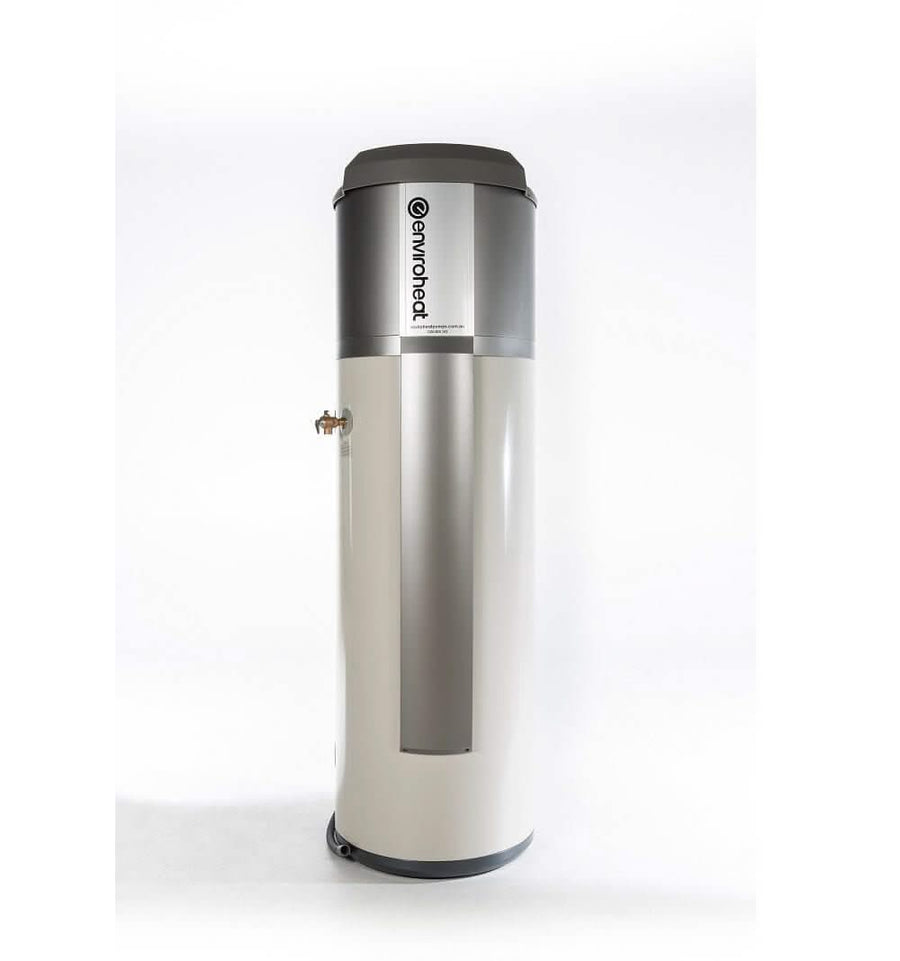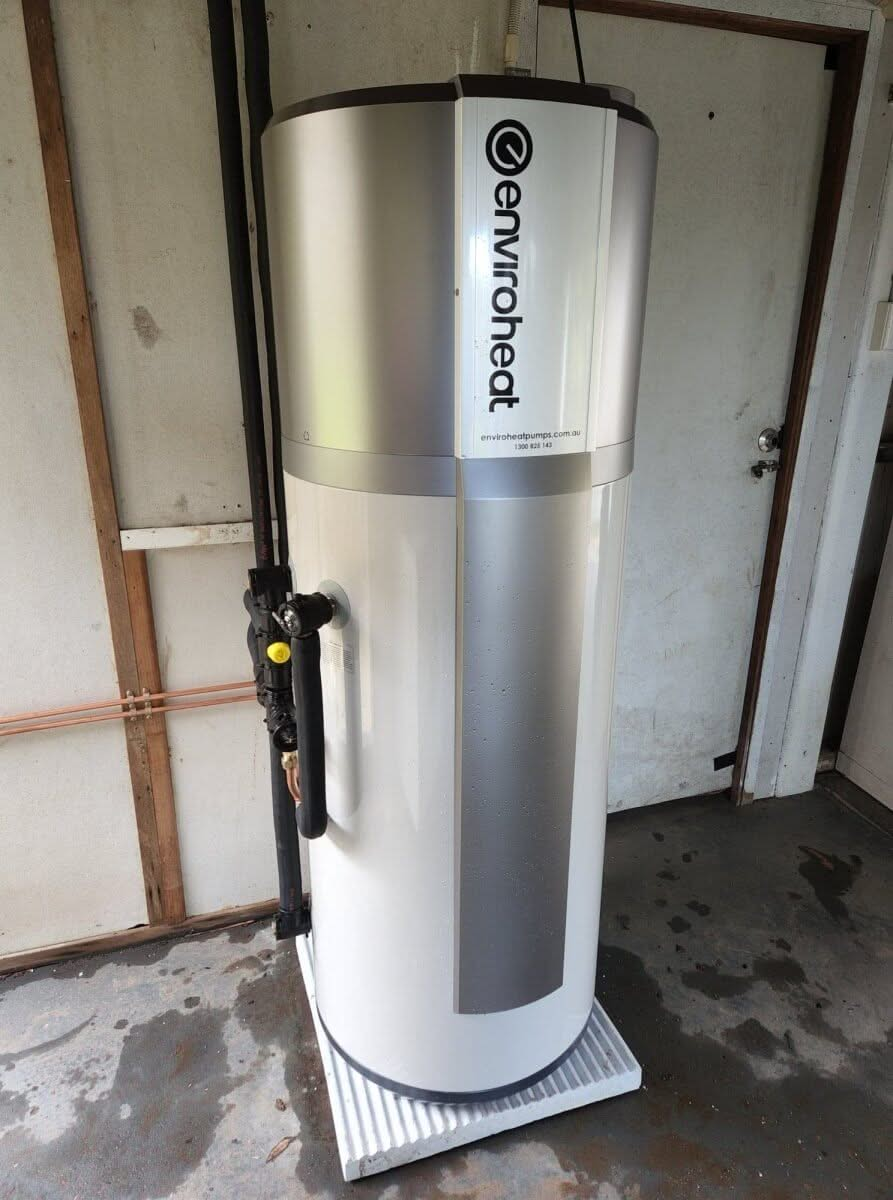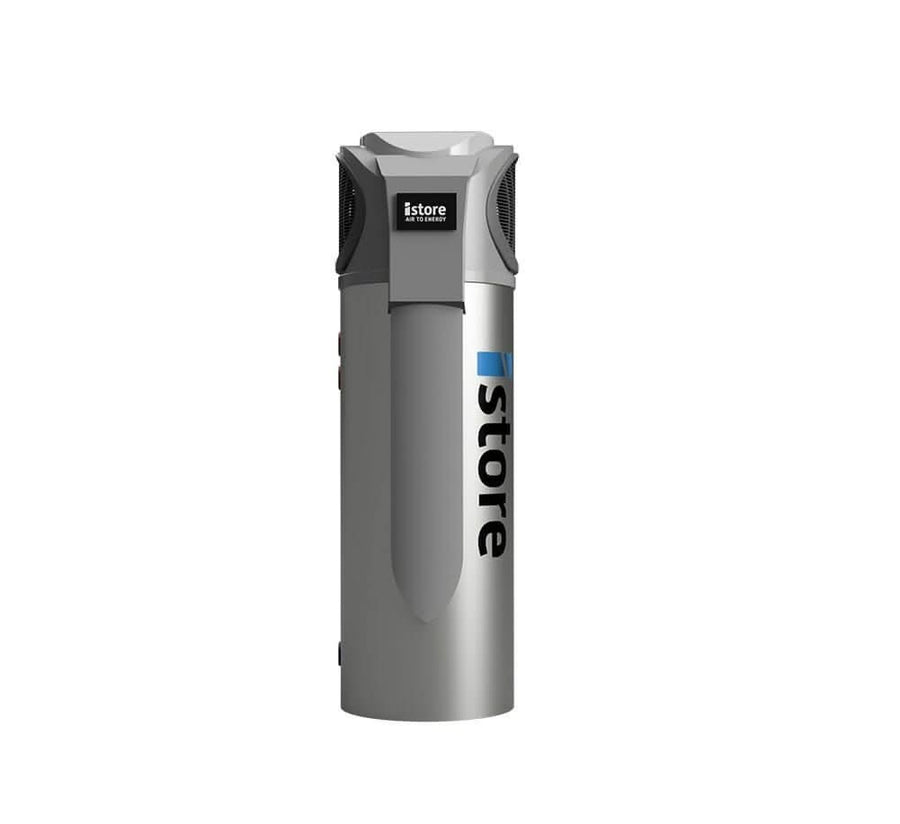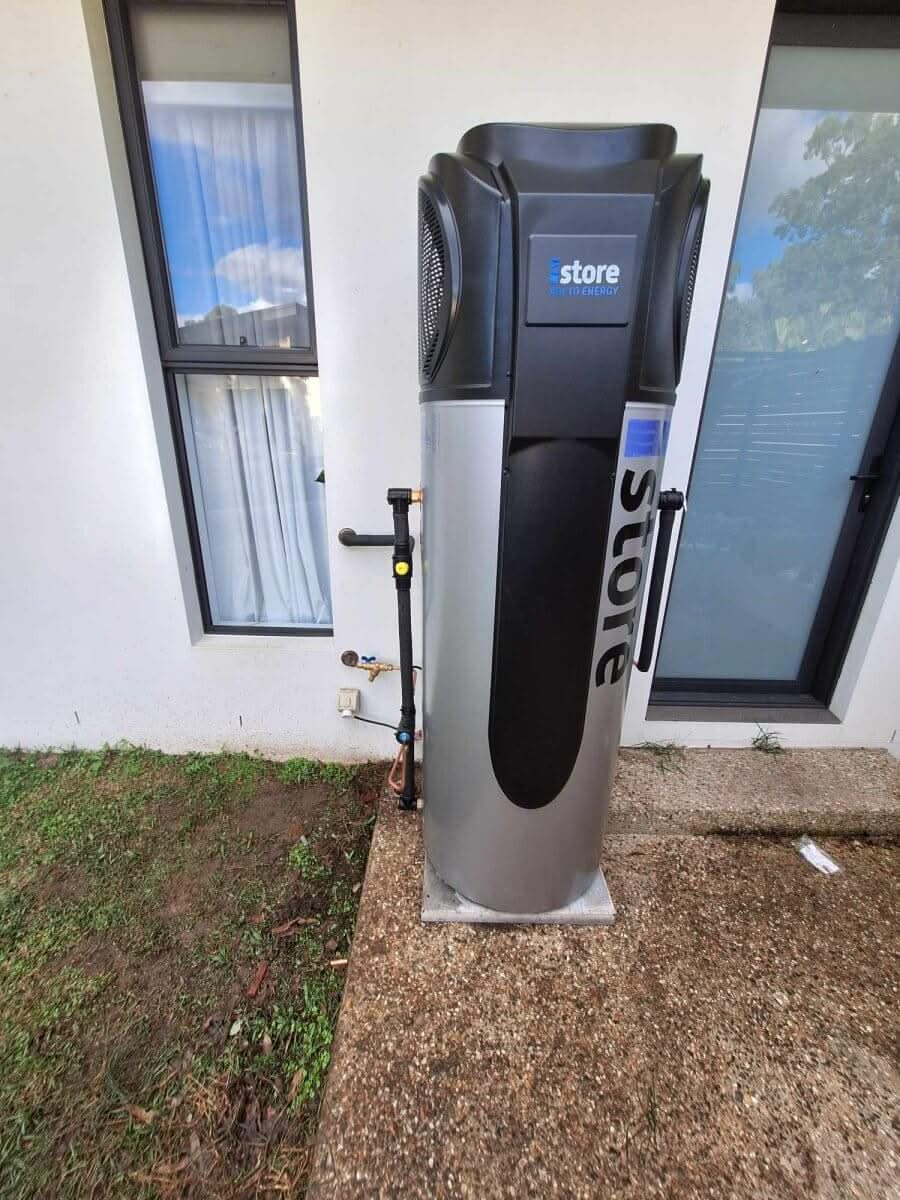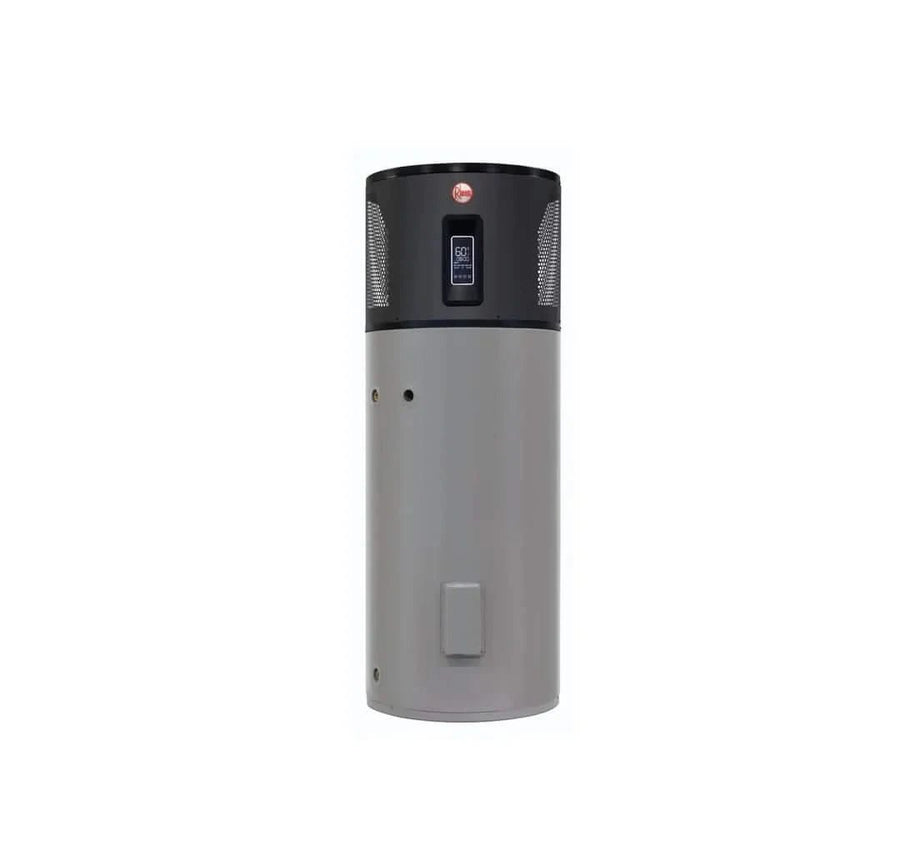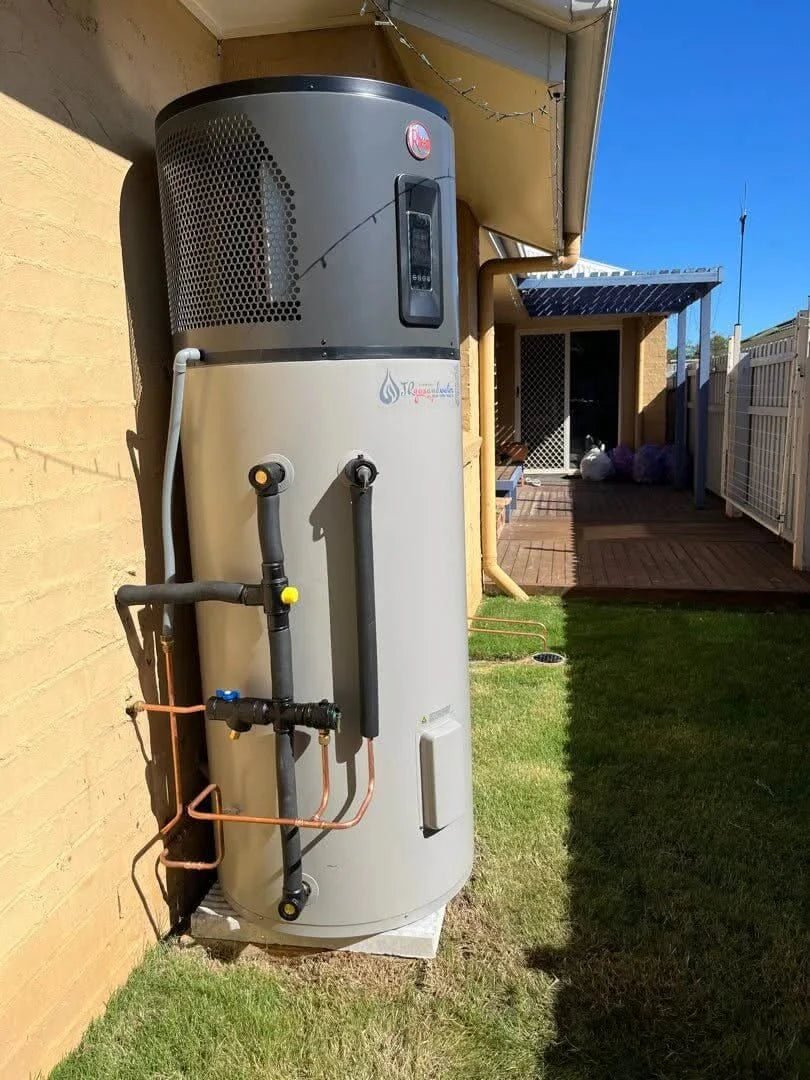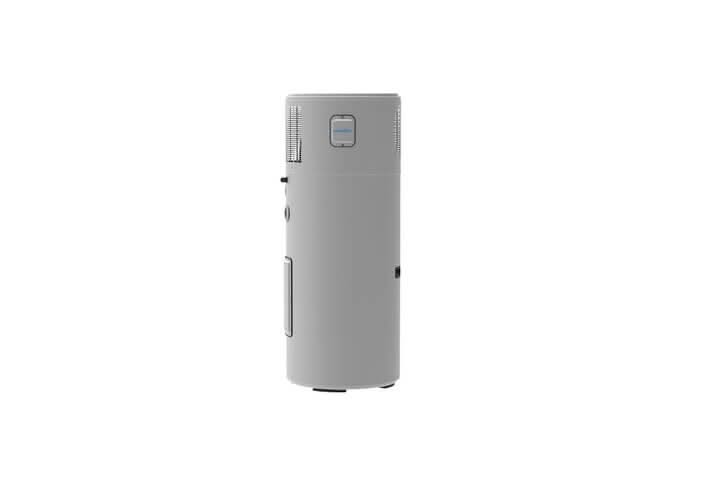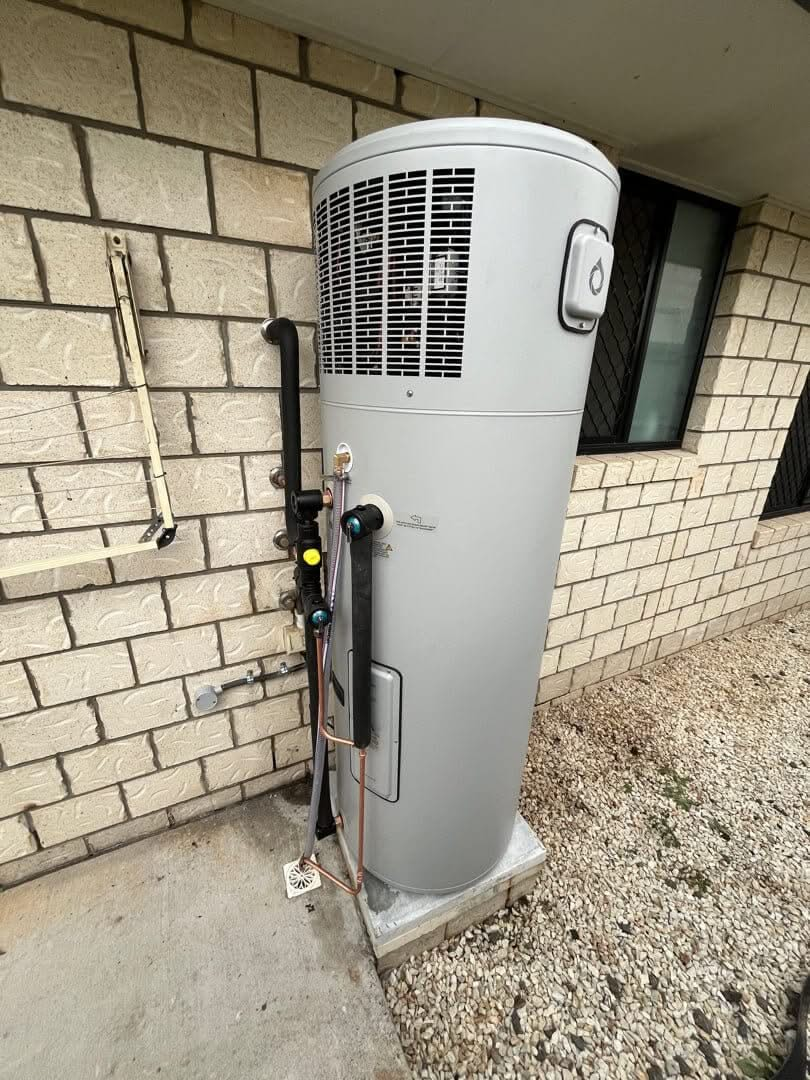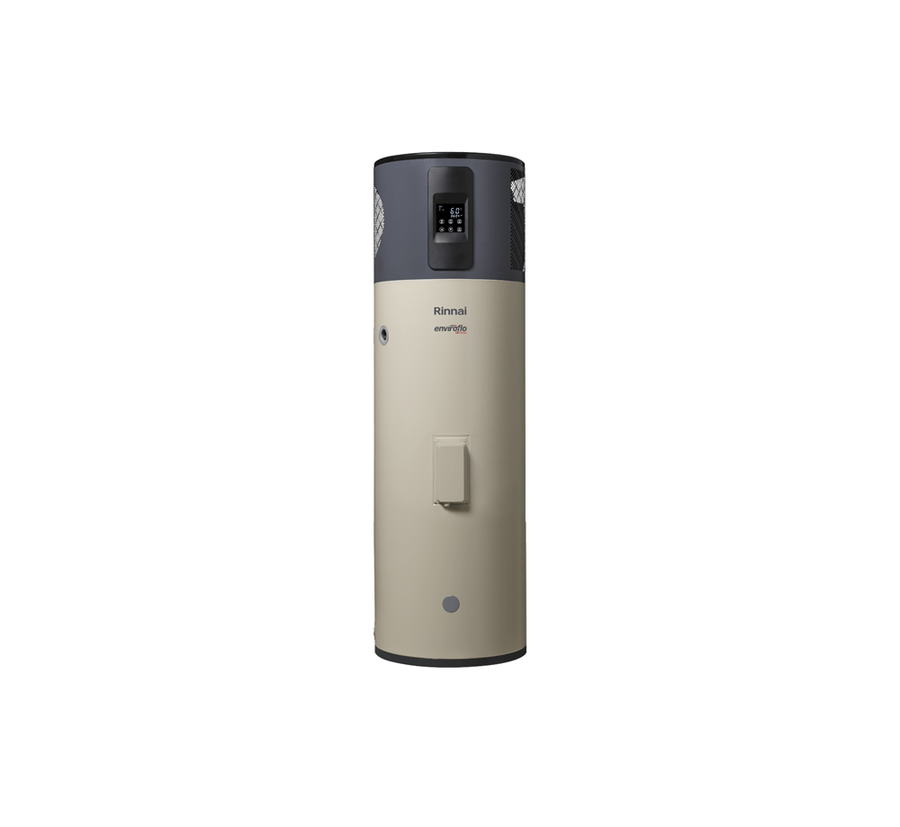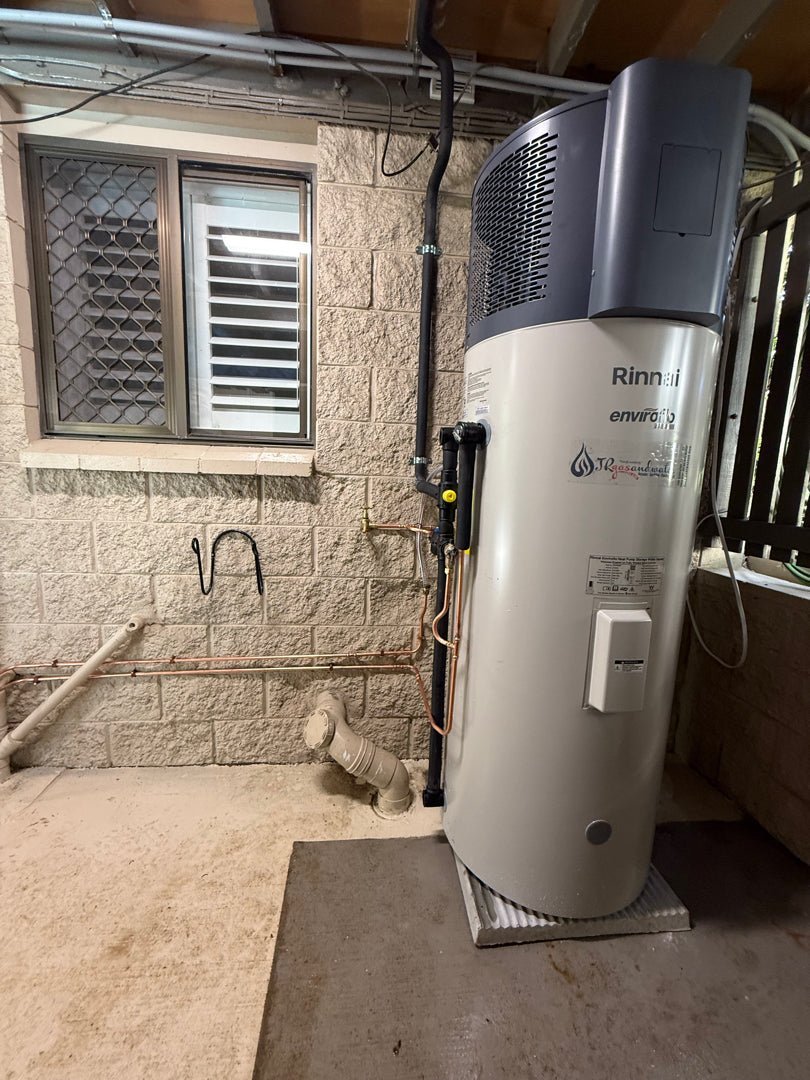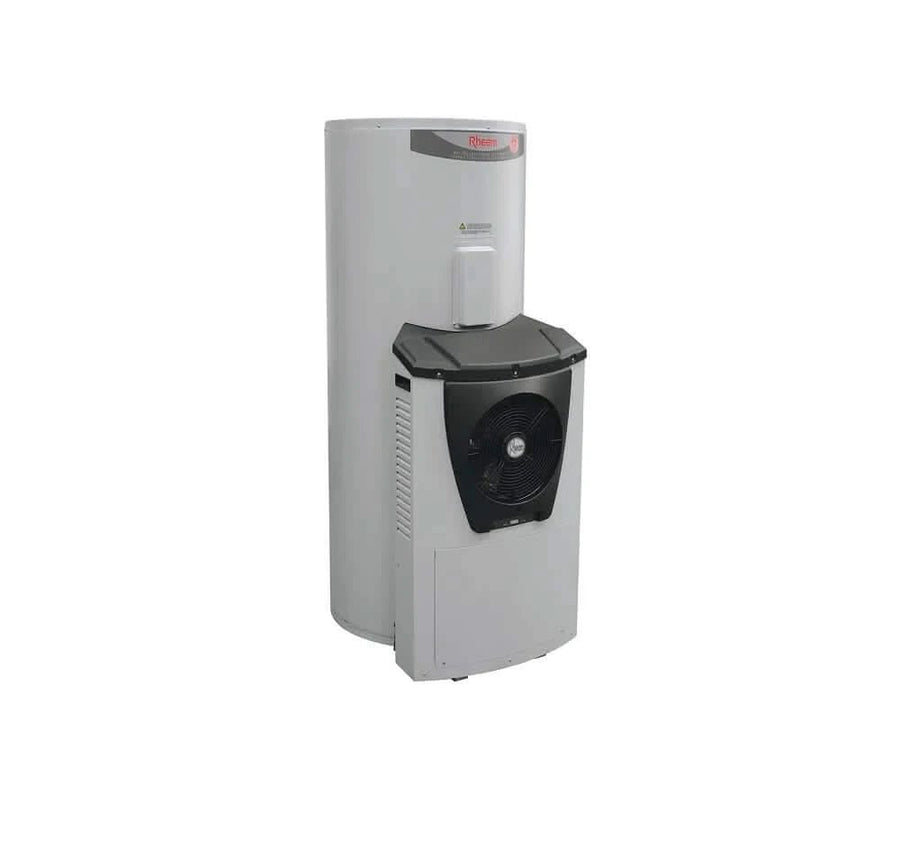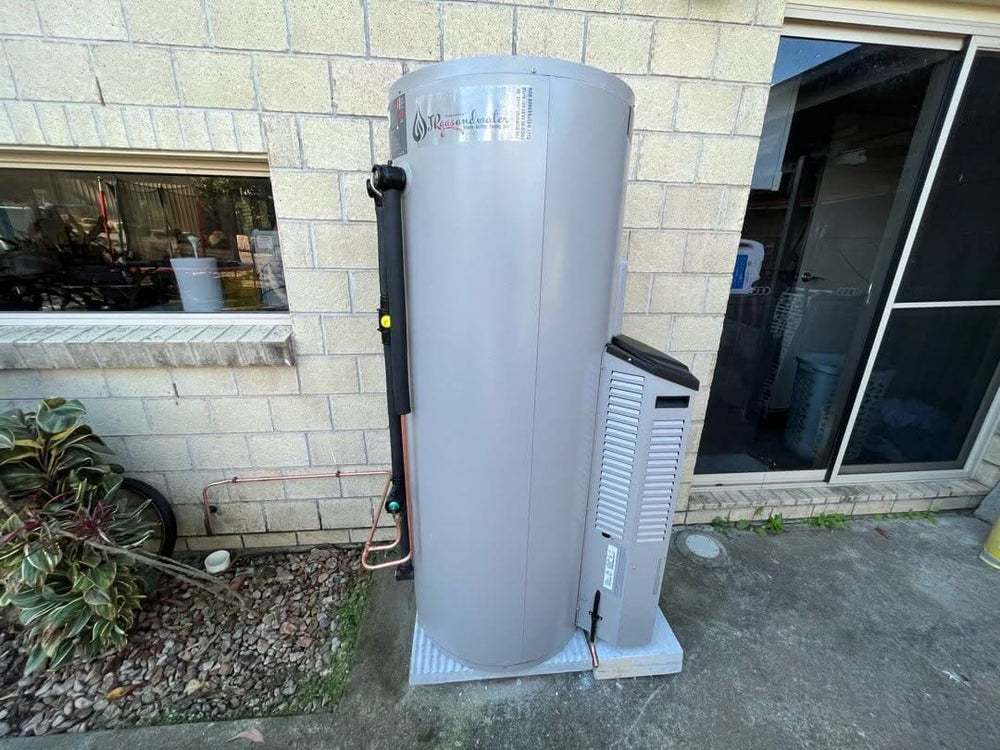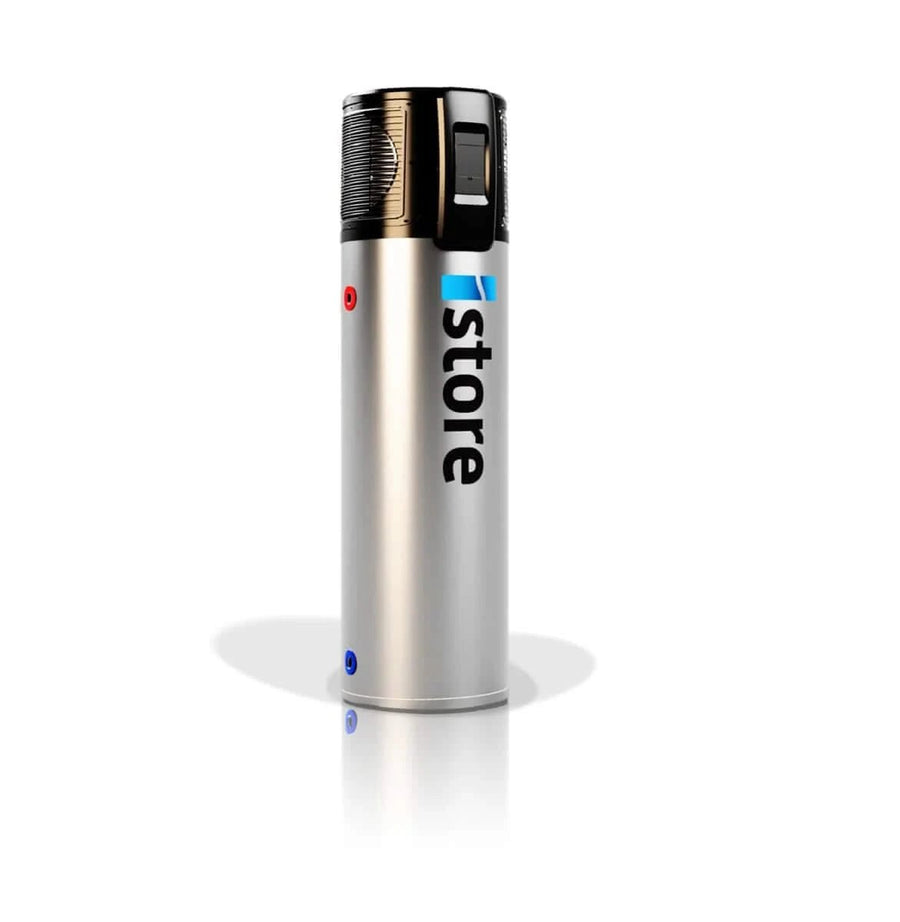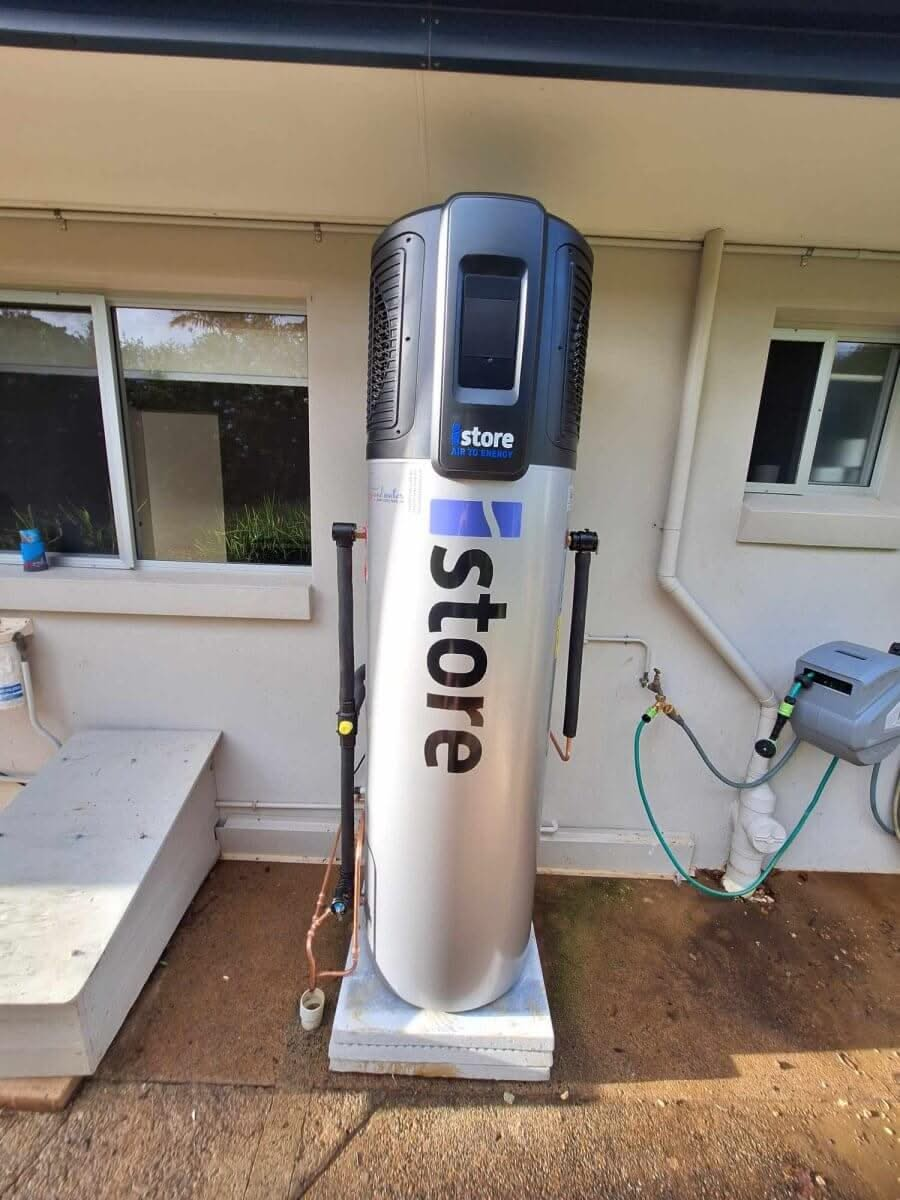Top Heater Pump Systems for Efficient Home Heating
A heater pump, also known as a heat pump, efficiently warms your home by transferring heat instead of generating it. In this article, we’ll explore various types of heat pumps, their benefits, and how to choose the best one for your home heating needs.
Key Takeaways
-
Heat pumps are highly energy-efficient systems that transfer heat rather than generate it, making them versatile for both heating and cooling applications.
-
There are various types of heat pumps, including air source, geothermal, and water source pumps, each suited to different energy sources and environmental conditions.
-
Proper installation and regular maintenance of heat pump systems are crucial for maximizing efficiency and longevity, with advancements such as smart controls enhancing their performance.
Understanding Heater Pumps

Heat pumps are energy-efficient heating systems that operate by transferring heat instead of generating it. They utilize a refrigerant that circulates between the indoor and outdoor units to move heat. In heating mode, heat pumps extract warmth from the outside air, ground, or water and bring it inside. This ability to transfer heat, rather than create it, makes them highly efficient and versatile for various heating needs.
Interestingly, heat pumps can also function as air conditioners by reversing the heat transfer process. Despite cold outdoor temperatures, heat pumps can still extract heat due to the thermal energy present in the environment. This dual functionality makes them a valuable investment for both heating and cooling your home throughout the year.
Furthermore, heat pumps can yield two to three times more heat energy than the electrical energy they consume. Their efficiency grows as the electricity powering them increasingly comes from renewable sources. Effective insulation can enhance their performance by retaining warmth. This combination of efficiency and eco-friendliness positions heat pumps as a superior choice for modern home heating.
Types of Heater Pumps
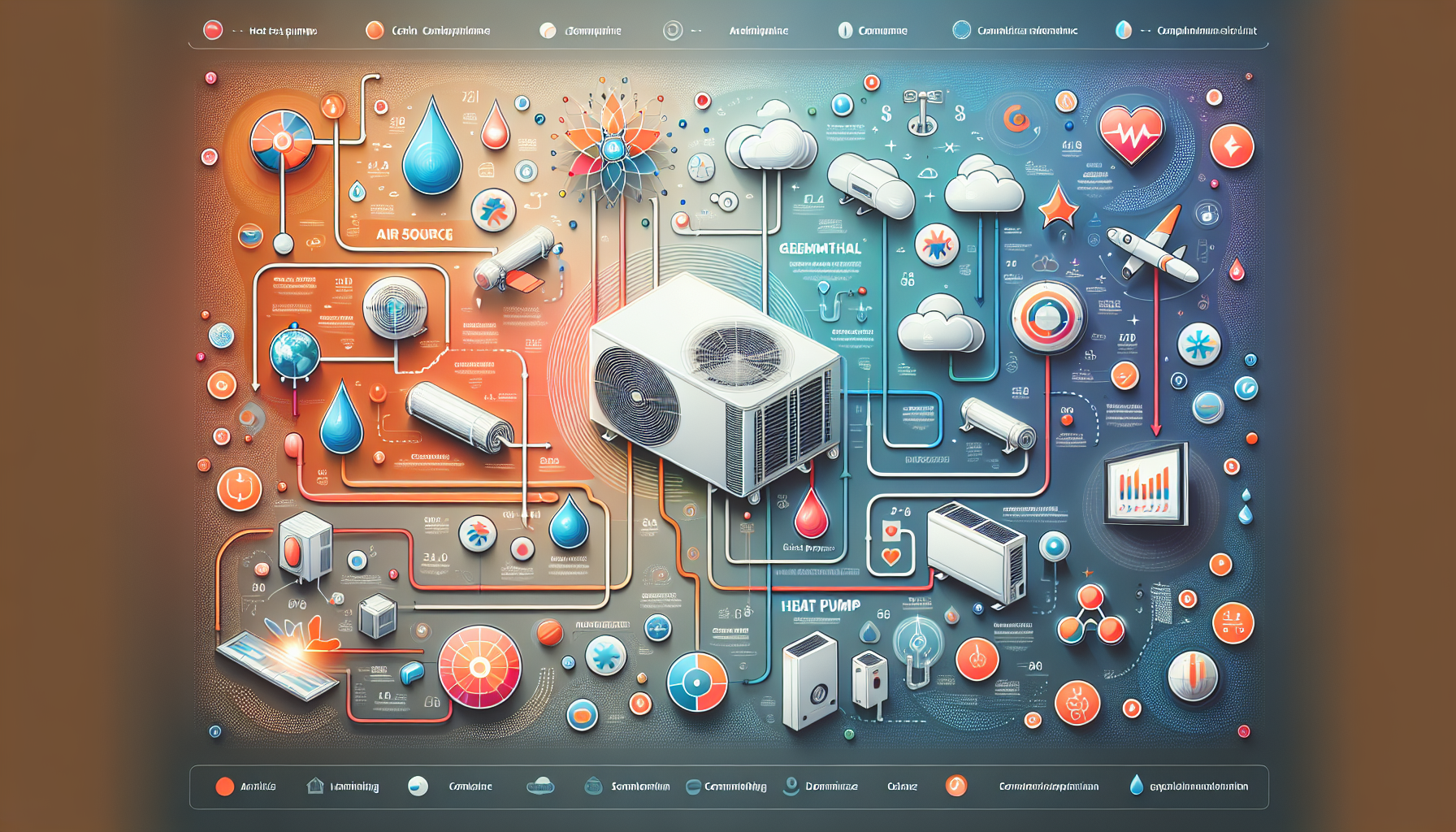
Various types of heater pumps are available in the market, catering to different energy sources and heating requirements. Whether you are looking to harness energy from the air, ground, or water, there is a heat pump system designed to meet your needs.
Each type offers varying efficiency levels and is suitable for specific applications based on their design and functionality. Let’s explore these types in detail to understand their unique advantages and applications.
Air Source Heat Pumps
Air source heat pump systems are capable of extracting energy from the outside air even at temperatures as low as -20°C. These systems are easy to install, making them a convenient option for home heating. Installing air source heat pumps indoors minimizes noise emissions and avoids occupying outdoor space. However, it’s important to note that their effectiveness can diminish in freezing conditions, especially below -5 degrees Celsius.
The process involves a refrigerant that absorbs heat from the outside air and transfers it indoors. The heat is then released inside through a condenser. This method of transferring heat rather than generating it makes air source heat pumps an energy-efficient choice for both heating and cooling applications.
Geothermal Heat Pumps
Geothermal heat pumps operate more efficiently than air-source heat pumps due to stable underground temperatures. They primarily utilize solar heat absorbed by the earth’s surface, making them a sustainable option. The installation process involves either drilling boreholes deep into the ground or laying pipes horizontally near the surface. After installation, a geothermal heat pump requires little to no maintenance. They are designed to operate efficiently without frequent upkeep.
These systems are designed to transfer heat from the ground into your home, using a refrigerant circulating through underground pipes. The stable temperatures below the earth’s surface provide a reliable heat source, ensuring consistent performance regardless of the weather outside.
Water Heat Pumps
Water heat pumps utilize groundwater as a heat source, providing almost constant performance all year round. Groundwater can maintain temperatures between 7 °C to 12 °C even in winter, making it a reliable heat source. The Midea heat pump pool water heater, for example, offers perfect water temperature, low running costs, and can extend the swimming season. However, it’s important to note that groundwater is not always readily available, which can be a potential downside.
These systems work by transferring heat from the groundwater into your home through a series of pipes and a refrigerant. The consistent temperature of groundwater ensures reliable performance, making water heat pumps an efficient option for both heating and cooling.
Choosing the Right Heater Pump for Your Home
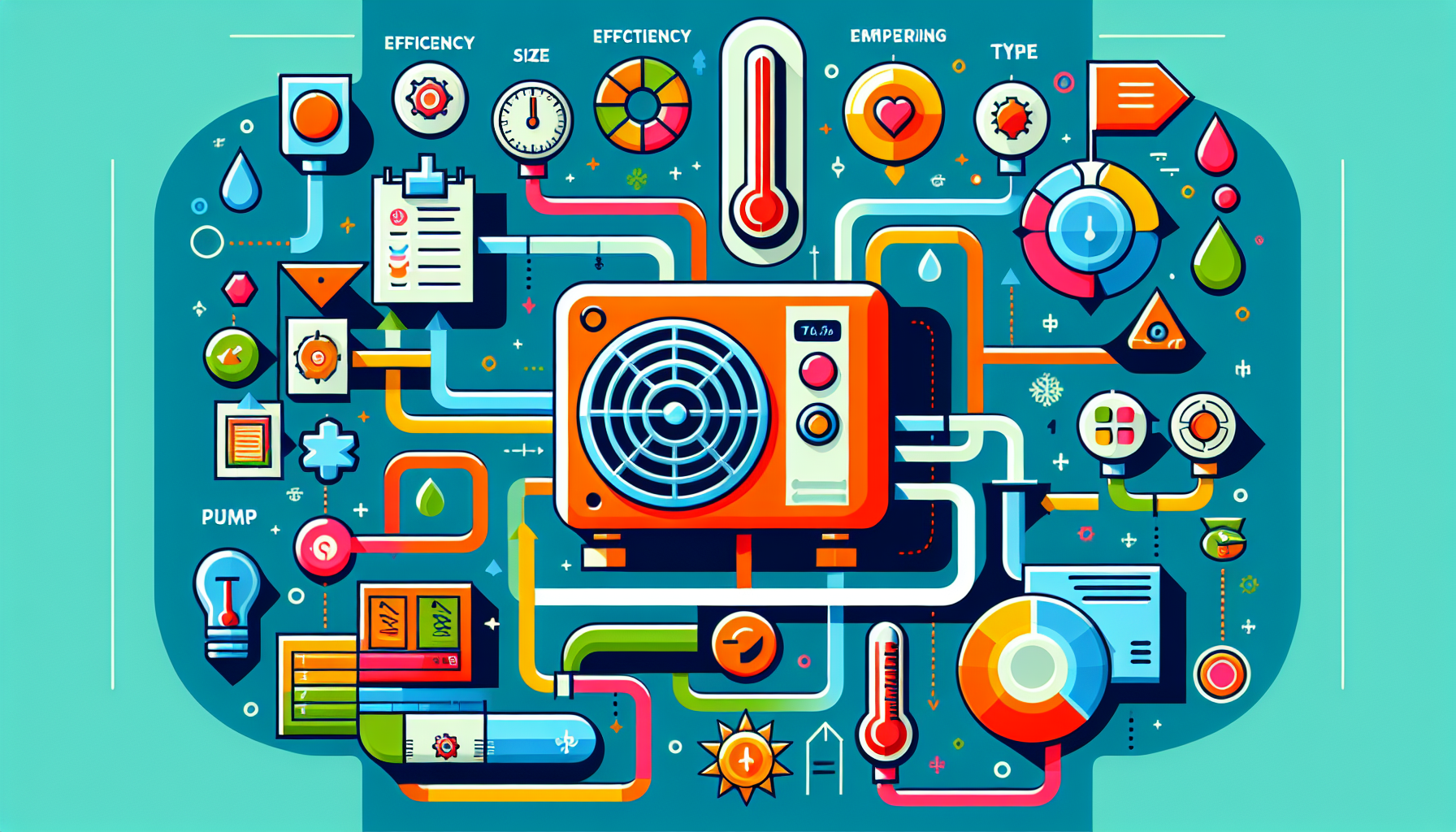
Selecting the appropriate heat pump involves considering the size of your property and your specific heating needs. Correctly sizing a heat pump is essential for maximizing energy efficiency and performance, as both oversized and undersized units can lead to problems. Proper placement of a heat pump is crucial for optimal performance, requiring a level and stable surface with adequate clearance for airflow.
When choosing a heat pump, it’s important to consider factors such as power generation, sites, required conditions, and measures. Let’s delve into these considerations in detail.
Factors to Consider
Heat pumps can be categorized by their heat source and system configuration. In Australia, air-source heat pumps and water-source heat pumps are the primary types used for heating. Air-source heat pumps can transfer heat directly to the air or to water for heating systems. Local climate conditions significantly influence the performance and efficiency of heat pumps. Existing infrastructure, such as ductwork and insulation, should also be assessed when choosing a heat pump.
Strategic positioning of the heat pump must account for accessibility for maintenance, airflow for heat exchange, and minimal noise disruption. Choosing the appropriate location for the condenser and air handler is vital for optimal operation and ease of maintenance. Proper placement and sizing are key to achieving the best performance from your heat pump system.
Comparing Costs and Efficiency
Heat pumps generally have a higher initial installation cost compared to conventional heating systems. The installation costs and efficiency of heat pumps can vary based on the type, space requirements, and local climate. However, long-term savings on energy bills can offset the higher upfront costs of installing heat pumps. Heat pumps can achieve cost parity with gas boilers despite initial higher running costs due to their energy efficiency.
Investing in high efficiency heat pumps can lead to significant energy savings over time. The difference in initial and long-term costs should be carefully considered when choosing the right heat pump for your home, ensuring that you get the best value and performance.
Installation and Maintenance Tips

Proper installation and regular maintenance are crucial for ensuring the longevity and efficiency of your heat pump system. Innovative heat pumps utilize variable-speed compressors that adjust output based on demand, reducing energy wastage during low usage periods. Recent advancements in heat pump technology include enhanced compressor systems that significantly boost energy efficiency by extracting more heat while consuming less energy.
Let’s explore the importance of professional installation and regular maintenance in detail.
Professional Installation
Hiring licensed professionals for heat pump installation is essential to ensure effective setup and maintain the manufacturer’s warranty. Certified professionals can set up your heat pump for optimal performance and efficiency. Installing a heat pump indoors requires sufficient space, typically at least the size of a double garage. For expert installation services, consider reaching out to InstalledToday or JR Gas & Water for professional assistance.
Proper installation involves designing the system to fit your specific needs and ensuring that all components are correctly installed and calibrated, which is vital for achieving the best performance and energy efficiency.
Regular Maintenance
Homeowners should regularly clear debris from around the outdoor unit and avoid extreme temperature settings to enhance the longevity of their heat pump. Changing or cleaning filters every three months helps maintain efficient operation and improve indoor air quality. Outdoor coils should be cleaned regularly to prevent dust and debris from affecting performance.
Routine checks of the heat pump’s electrical connections and components can help prevent breakdowns and enhance efficiency. Maintaining proper clearance around the heat pump is vital to ensure effective airflow and reduce the likelihood of overheating.
Regular maintenance is key to keeping your heat pump running efficiently year-round.
Advanced Technologies in Heater Pumps

Technological advancements have transformed heater pumps, resulting in enhanced performance and energy efficiency. Integrating proper ventilation is crucial for the efficiency of heating systems. Overall enhancements through technology lead to substantial energy savings and improved heating comfort in homes.
Let’s delve into some of these advanced technologies, focusing on smart controls and dual-fuel systems.
Smart Controls and Automation
Modern heat pumps often feature smart integration, allowing users to remotely monitor and adjust their settings for optimal energy management. Smart technology in heat pumps enhances user convenience and significantly contributes to energy efficiency by enabling precise control over heating schedules. Automation in modern heat pumps allows for precise temperature control and features like predictive maintenance, improving energy management.
These smart control systems enable homeowners to manage their energy usage remotely, ensuring that their heat pump operates at peak efficiency while providing comfort and convenience.
Dual-Fuel Systems
Dual-fuel systems combine electric heat pumps with gas furnaces to provide efficient heating by automatically switching based on external temperatures. These systems can automatically switch between heat pumps and conventional heating sources to optimize energy use based on current conditions. Smart hybrid heat pumps utilize predictive demand management to switch between electricity and gas, optimizing the heating mode based on cost-effectiveness in real-time.
The integration of dual-fuel systems offers improved energy optimization, leading to enhanced efficiency and cost savings for homeowners during extreme weather conditions, making it a reliable energy source.
Environmental and Economic Benefits
Utilizing heat pumps can reduce emissions significantly, potentially leading to a decrease of 11% in greenhouse gases if widely adopted. Heat pumps operate at four to five times the efficiency of traditional fossil fuel heating systems, translating to lower energy costs for consumers. They are also utilized for hot water production, providing an eco-friendly alternative to conventional water heating systems.
Dual-fuel heating systems enhance efficiency by combining heat pumps with traditional heating methods to maintain comfort during extreme weather conditions. Hybrid systems that pair heat pumps with gas furnaces can improve heating efficiency in cold weather by reducing reliance on electric resistance heaters. Quality heat pumps come with warranties and are generally reliable, unlike cheaper alternative brands.
Using heat pumps in residential applications can lead to significant reductions in energy costs, making them a cost-effective option for homeowners. Moreover, the belief that heat pumps devalue properties is incorrect; they can actually increase property values.
Applications Beyond Residential Heating
Water-source heat pumps are capable of utilizing waste heat from industrial applications for improved efficiency. In addition to residential use, heat pumps are effective for heating swimming pools. They can be integrated with a domestic hot water system. This allows for the provision of hot water.
The versatility of heat pumps allows them to switch between heating and cooling, making them suitable for climate control in various environments. These applications demonstrate the broad potential of heat pumps beyond just home heating, making them a versatile and valuable investment for various heating and cooling needs.
Common Myths About Heater Pumps
It is a misconception that heat pumps are ineffective in cold weather; they are widely used in colder Scandinavian countries with great success. The claim that heat pumps will not keep homes warm is false; they can provide comfort levels comparable to traditional heating systems. Heat pumps are effective in existing buildings, contrary to the belief that they only work in newer constructions.
The notion that heat pumps require highly insulated buildings to function properly is incorrect; they can operate effectively in various insulation levels. Heat pumps can be installed with traditional radiators, not just underfloor heating, contradicting the common belief that they necessitate the latter. Many homes operate heat pumps without any backup heating systems, disproving the myth that they are necessary.
It is a myth that heat pumps are new and untested; they have been in use for over a century and are a mature technology. Additionally, it is misleading to assert that heat pumps are excessively noisy; with proper installation, noise complaints are minimal.
Summary
In conclusion, heat pumps offer a highly efficient and versatile solution for home heating and cooling. From their ability to transfer heat rather than generate it, to the various types available such as air source, geothermal, and water heat pumps, these systems cater to a wide range of needs and conditions. Choosing the right heat pump involves careful consideration of your property size, climate, and existing infrastructure, ensuring optimal performance and energy savings.
The advancements in heat pump technology, including smart controls and dual-fuel systems, further enhance their efficiency and user convenience. The environmental and economic benefits of using heat pumps are substantial, contributing to reduced greenhouse gas emissions and lower energy costs. By debunking common myths, it’s clear that heat pumps are a reliable and mature technology suitable for various applications beyond residential heating. Investing in a heat pump system is not only advantageous for your home but also for the planet.
Frequently Asked Questions
How do heat pumps work?
Heat pumps operate by transferring heat from external sources—such as air, ground, or water—into your home through a refrigerant that circulates between indoor and outdoor units. This efficient process allows for effective heating and cooling, making heat pumps a versatile energy solution.
Are heat pumps effective in cold weather?
Heat pumps are effective in cold weather, as they can extract heat from the outside air even in low temperatures, and many are successfully used in colder regions.
What are the different types of heat pumps?
The primary types of heat pumps include air source heat pumps, geothermal heat pumps, and water heat pumps, each serving specific environmental conditions and requirements. Selecting the appropriate type will enhance efficiency and comfort.
How much do heat pumps cost compared to traditional heating systems?
Heat pumps typically have a higher initial installation cost compared to traditional heating systems; however, their long-term energy efficiency leads to significant savings on utility bills.
Do heat pumps increase property value?
Heat pumps can increase property value by offering an efficient and eco-friendly heating solution, countering the misconception that they devalue properties.






